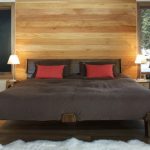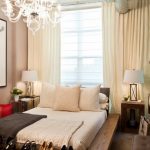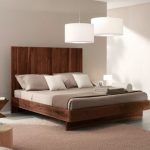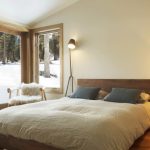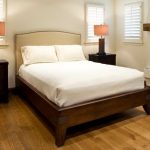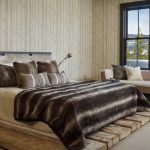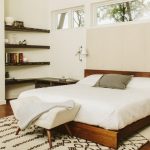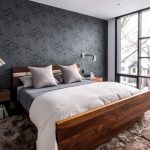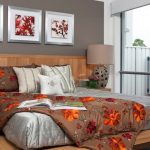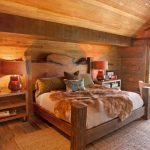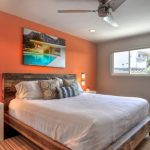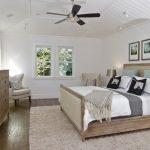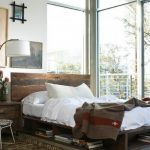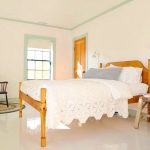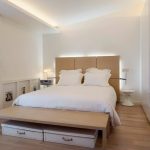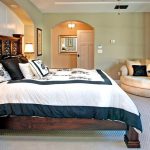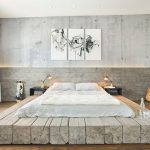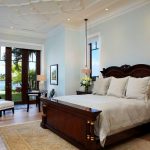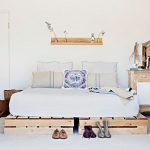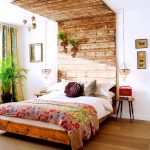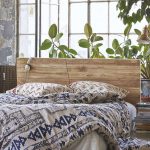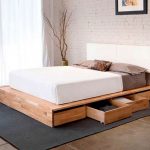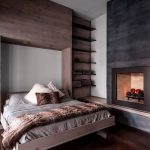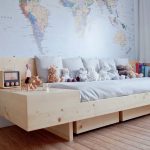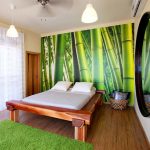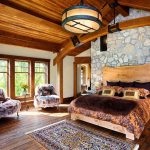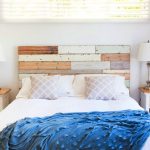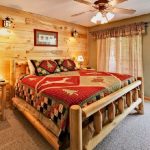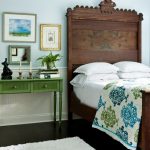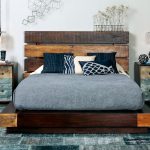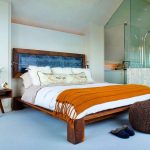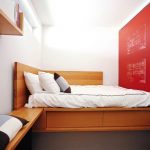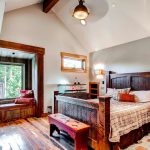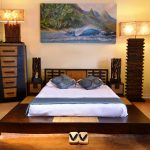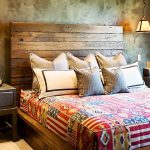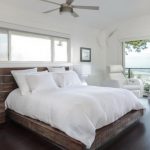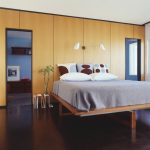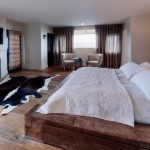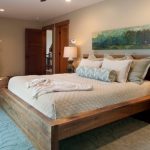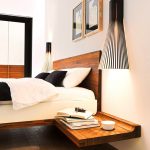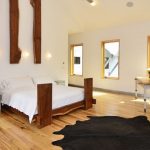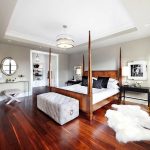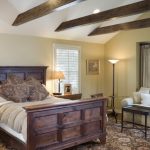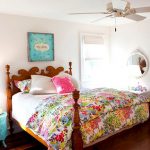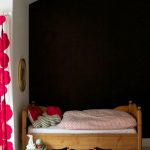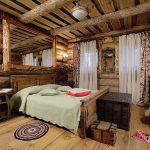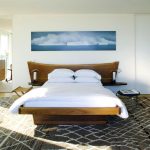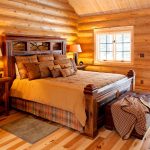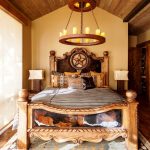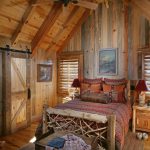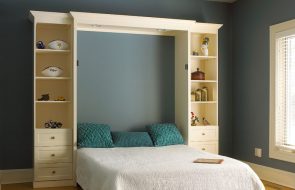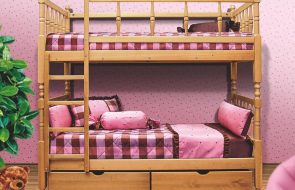During the gardening and vacation season, you want to spend more time outdoors near your favorite garden beds, spruce forests and rivers. But you have to spend time returning to your apartment under the roof of a city high-rise building, because there is no convenient beds, and your living room without a bedroom and a bed stands right next to the dining table. Don't despair!
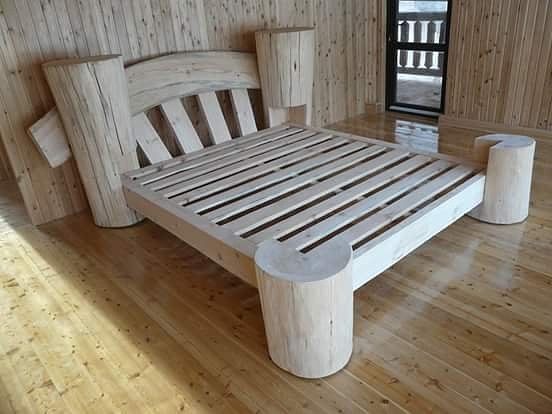
Content
How to comfortably place a bed in the interior
It all depends on how and where you want to use it. For your teenage child, a single bed will be enough. bedsIf you are of large build, then comfortable sleep will only come on a "one and a half" bed.
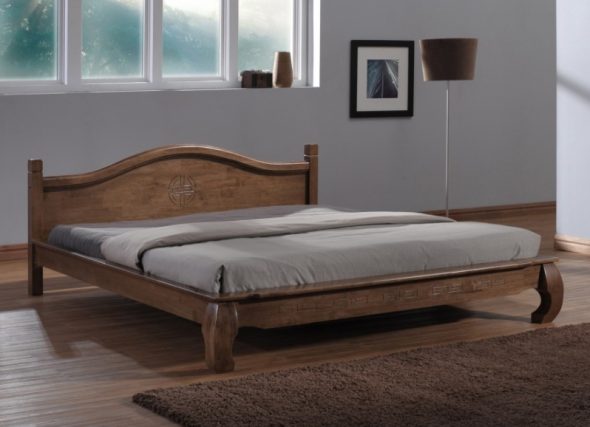
If there is enough space, then install a pull-out bed under the podium, and place a cozy seating area with a coffee table on top, with steps leading to it. In a small room, where every square meter is precious, build bed on the podium.
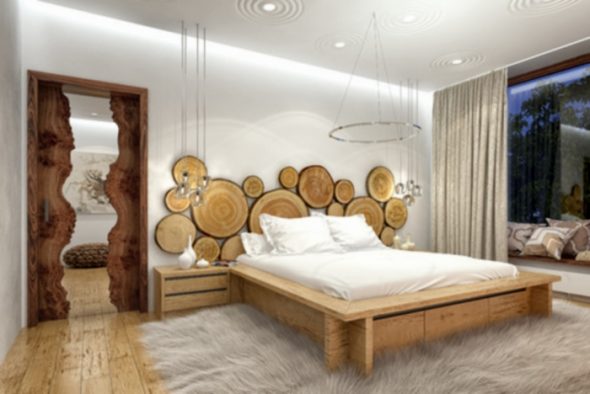
For bed linen, place a tall, narrow box with a top flap at the head of the bed. It is convenient to store pillows and blankets in it during the day, and a bedspread at night.Assemble a beautiful decorative headboard and nail it to the wall above the headboard. Place night lights on it.
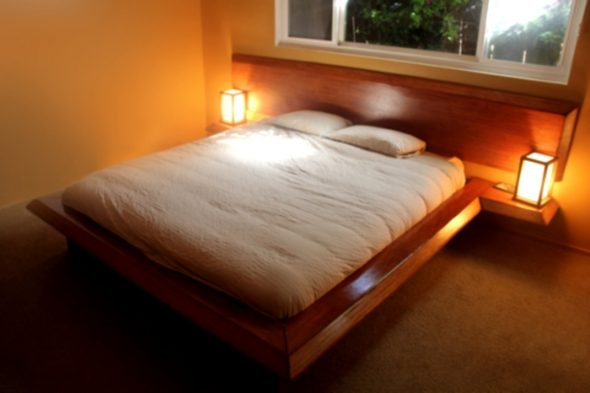
Select the material and decide on the price
Metal is too expensive, requires a specially equipped workshop, a welding machine, has a high specific gravity and does not retain heat well. Good furniture can be assembled at home from quite affordable lumber, without overpaying for a well-known brand.
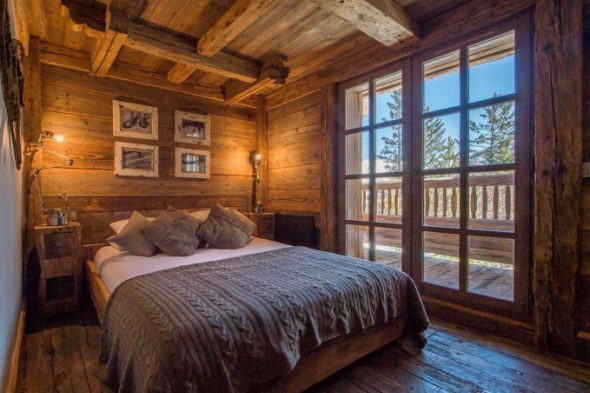
How to make a wooden bed with your own hands
Best suited for beds medium-density (550 to 760 kg/m³) and high-density wood – over 760 kg/m³. It wears out less, but is more difficult to process.
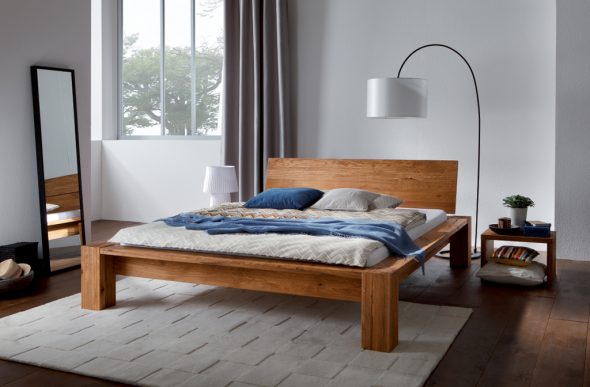
IMPORTANT! Spruce is not suitable for load-bearing elements and bed legsIt quickly deteriorates under load.
For the supporting frame, select boards or a beam of dense wood - larch, birch. The legs can be made from bars, and the slats for the mattress from cheap pine boards 2 cm thick. Thin ones are suitable for decorative finishing. boards from spruce 0.5 cm.Check the material carefully for knots, unevenness and roughness.
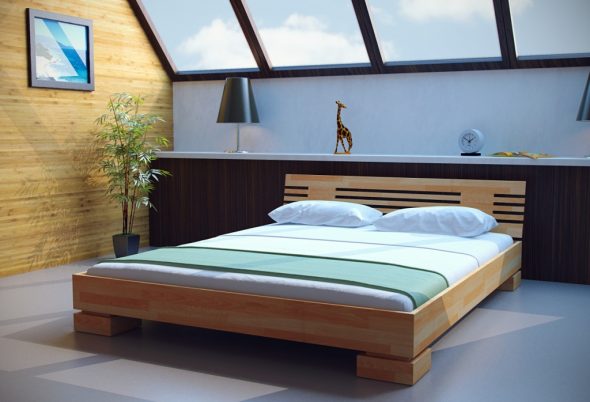
Check the curvature of workpieces in a simple and effective way.
- Raise it by one end to eye level.
- The ribs running from the near to the far end should form a straight line in perspective – their curvature will be immediately noticeable.
ATTENTION! Be sure to make a drawing. Consider the dimensions of your mattress. They may not match the ones below. Inside frame space beds should be slightly larger. Allowance within 30 mm is allowed.
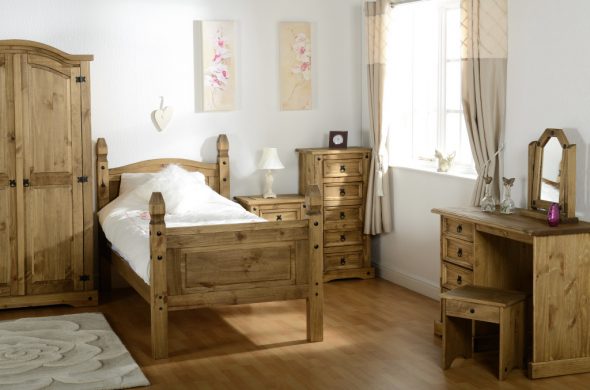
Bed from solid wood can be made without them, gluing fabric pads at the corners to protect the floor from scratches. For light single and one-and-a-half beds, the optimal height will be 35-40 cm - you can vacuum and wash the floor or build a pull-out drawer for storing things and clothes.
ADVICE! Try to strengthen the joints with furniture corners where possible.
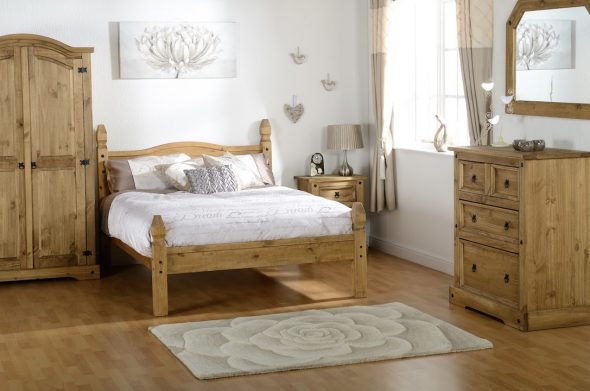
Entry level bed
For a mattress measuring 80x190 or 90x200 cm, build a simple single bed DIY wooden bed. It will suit an adult or a teenager. To make it you will need:
- BRussian for four legs section 50x50mm;
- D25x245 mm osca for side rails and footboard, 25x100 mm – for making overlapping slats, 25x200 mm — for the headboard wall;
- BRussian section 50x25mm for the production of support beams for floor slats;
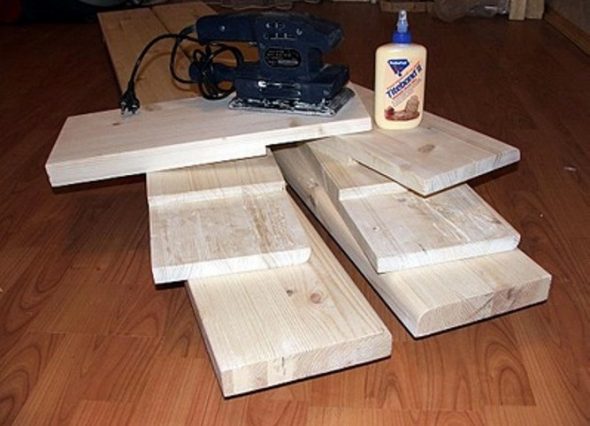
In addition to good lumber, purchase:
- Furniture corners or bed ties.
- TO60 mm self-tapping screws;
- Shedgings length 80 and a cross-section diameter of 8 mm;
- WITHwood glue;
- Mwood stain or impregnation;
- Aacrylic water varnish.
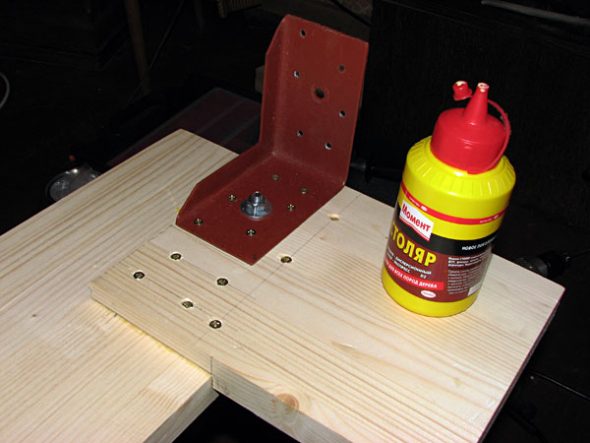
During the assembly of this and other variants beds use tools:
- Drail and screwdriver;
- Na small hand plane;
- Rscientific circular saw or furniture saw;
- Shlifting machine or grinding machine;
- Nsome clamps;
- TOsources for applying glue, varnish and stain;
- Rsliding carpenter's square;
- WITHconstruction level;
- Malka – a device for quickly marking the corners to be cut;
- WITHa mitre saw is a tool for fast and precise cutting of workpieces at an angle of 45 and 90°;
- ANDMeasuring tape.
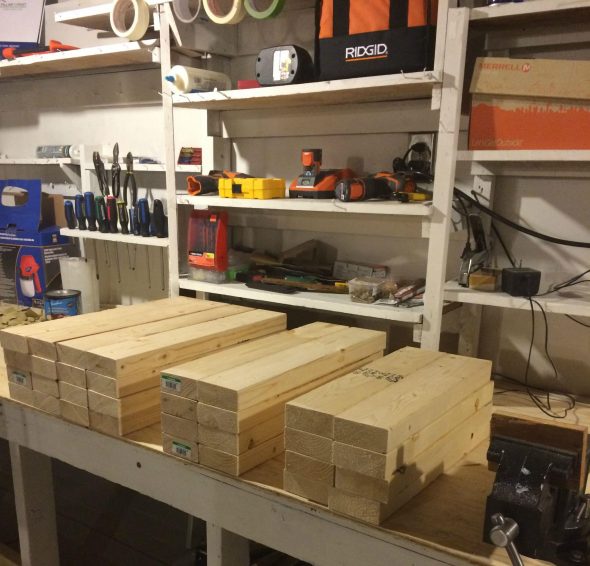
First, assemble the headboard. From a 50x50 mm beam, cut two legs up to 80 cm high. In their upper part, on the inside, drill 4-6 holes with a diameter of 8 mm and a depth of 30 mm. From 25x200 mm boards, cut two blanks with a width of 950 mm. At the ends, make holes up to 50 mm deep, coinciding with those you made on the legs.
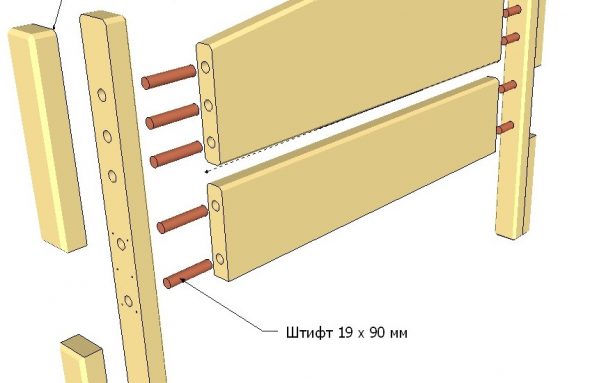
The footboard is made of boards 25x240x950 mm and two pieces of timber 400 mm high.
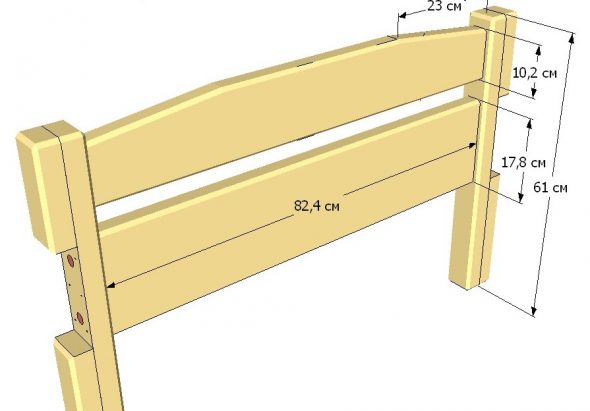
The backs are fastened to the side walls 25x250x1900 mm with furniture corners or ties, aligned along the outer edge legs.
FOR YOUR INFORMATION! The ties will allow you to easily disassemble the furniture when moving.
Along the bottom edge of the right and left walls, using wood glue and clamps, install 25x50 mm support beams and length 190-200 cm. After drying, before removing the clamps, the beams are additionally screwed with self-tapping screws.
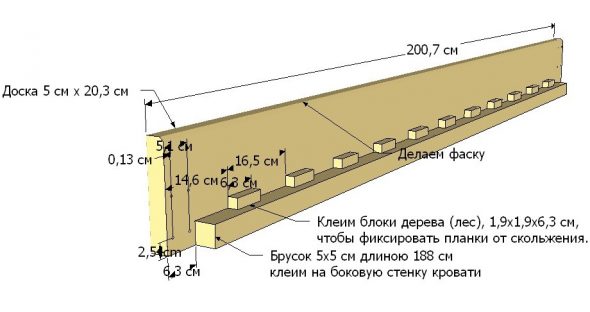
Make 12-14 crossbars from 25x100 mm boards length 95 cm. Drill through holes of 3 mm diameter at the left and right ends at a distance of 12 mm from the edge. Lay them across the support beams at a distance of 35-50 mm and screw in the screws.
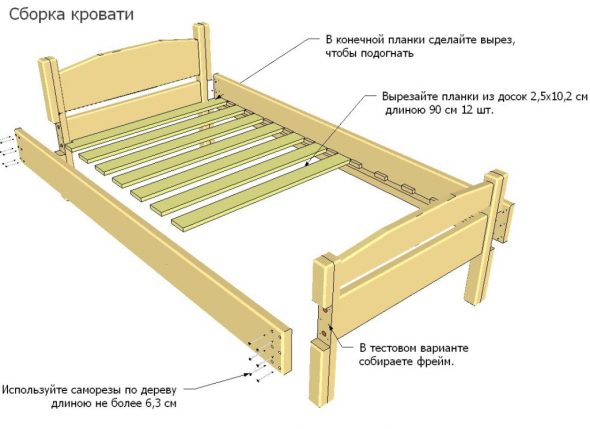
IMPORTANT! All parts must be sanded before assembly. Use a sliding square to check the "straightness" of the angles between the side walls and the backs. bedsUse a building level to control the horizontal position of the frame structure elements.
Sand the rough surface. The outer edges of the backs and other parts can be chamfered to prevent wood chipping and improve the appearance. To increase the service life, treat wood with stain and dry. Cover with acrylic varnish.
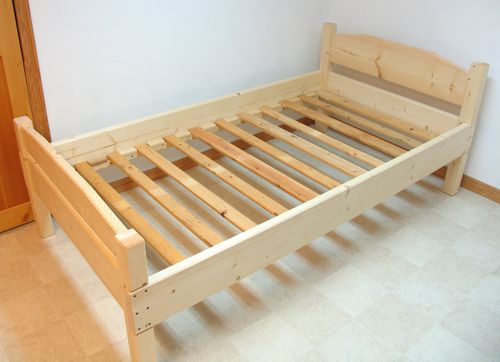
FOR YOUR INFORMATION! So that the ends legs To prevent them from scratching the floor when moving, you can glue felt pads to them.
Double bed
There are differences in the design of the backrests, and its longitudinal axis is reinforced with a crossbar with a leg, preventing the mattress from sagging.
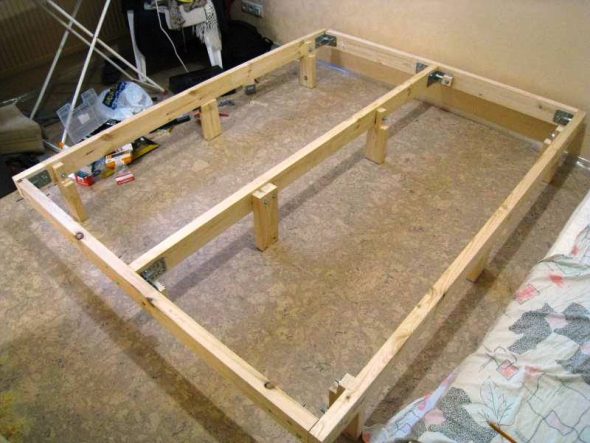
The headboard of a one and a half bed consists of a wall and two legs. Make the wall from 2-3 boards. length 1400 mm and 25 mm thick, reaching the required height (30-40 cm). The legs are made of 50x50x800 mm timber. Fastening the wall elements and legs It is made with 8x80 mm tongue and grooves, wood glue and reinforced with long self-tapping screws from 65 mm.
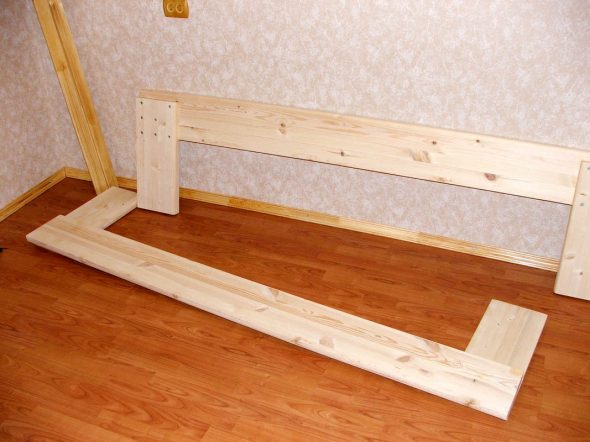
Side rails beds- the one and a half beds should be located at the same level as the lower boards of the backs and have the same height.For variety, change the design of the backrests bedsThe middle board of the wall can be replaced with short vertical inserts made of the same boards fastened with tongue and groove.
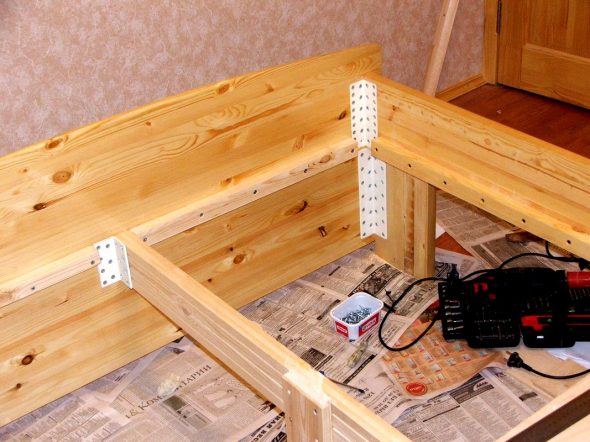
To do this, using a special tool - a bevel - they make markings with a pencil. The bevel consists of a handle that is pressed against the edge boards, a narrow metal plate with a longitudinal cutout, and a fastening bolt that allows you to fix the plate, setting the desired angle and length of the cut. In this simple way, you can quickly draw symmetrical cutting lines on the left and right ends. To prevent the hacksaw from going off line, clamp a wooden guide block along the markings with clamps.
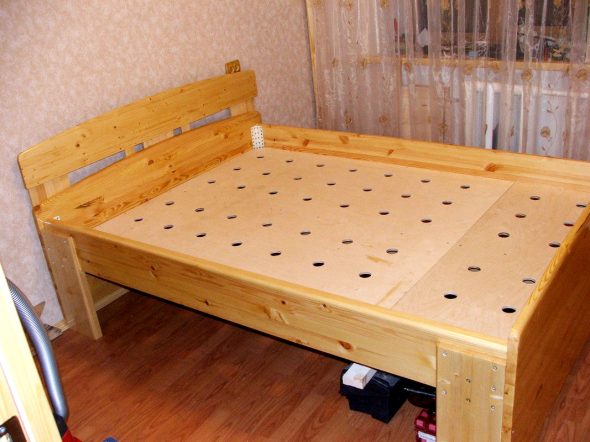
How to make a double bed from wood
Two adults is a serious weight., which requires a more thorough approach to the choice of material and assembly method. Make a bed from solid wood.
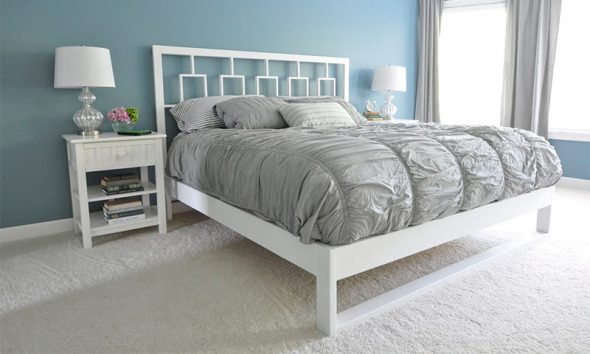
You will need the following materials:
- Brussian 50x50 mm for legs and frames beds, 3x3 cm – for support beams under the mattress slats;
- Doski 20x100 mm for transverse mattress pad;
- Mmetal furniture corner with a shelf width of 50 mm;
- WITHamortizes length 40 and 65 mm.
The tools you will need are an electric jigsaw equipped with a blade with large, widely spaced teeth.
First we assemble the frame for beds with internal dimensions of 210x170 cm and a height of at least 15-20 cm. To do this, glue three or four pieces of timber together and tighten with clamps. After drying, saw in such a way as to obtain two blanks for the side panels length 220 cm each and two for the backs – 180 cm each.
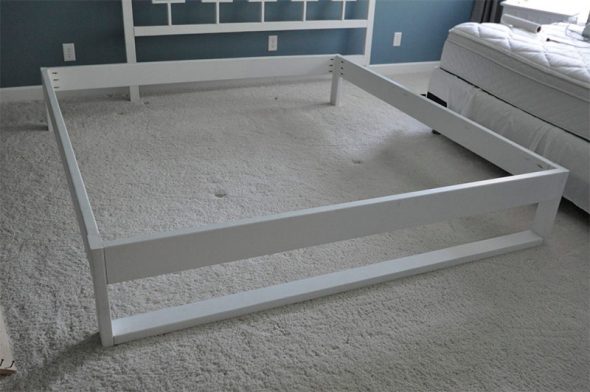
When assembling, use a "lock" type connection. To do this, use a jigsaw to cut out a notch on short pieces by removing a section from the middle. length 5 cm. On long blanks of side walls beds, leave a “thorn” by sawing off 5 cm from the top and bottom.
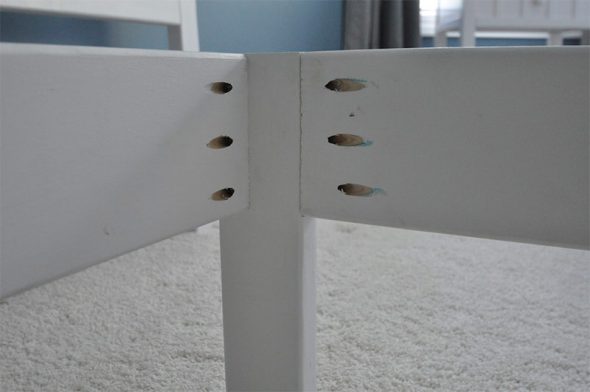
Attach the longitudinal crossbar with additional support in the middle using a metal corner with a shelf width of 50 mm, aligning it with the lower edge of the frame. Attach legs made of timber up to 40 cm high in the corners. Fasten with glue and screws.
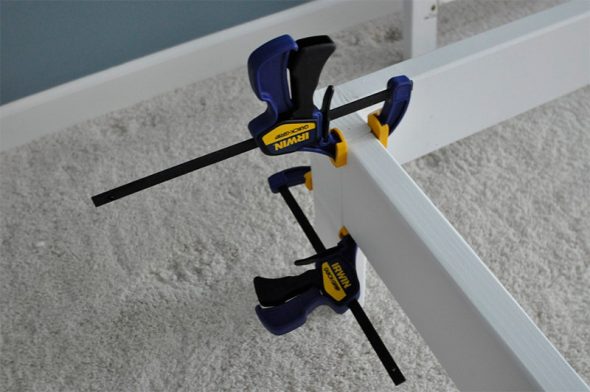
For greater reliability, make legs beds from a thicker block. To give them a sleek look, chamfer the inside at a 45° angle using a miter box. Don't overdo it - the support area needs to be large enough to support the heavy weight. When installing the legs, use long countersunk head screws with washers and wood glue.
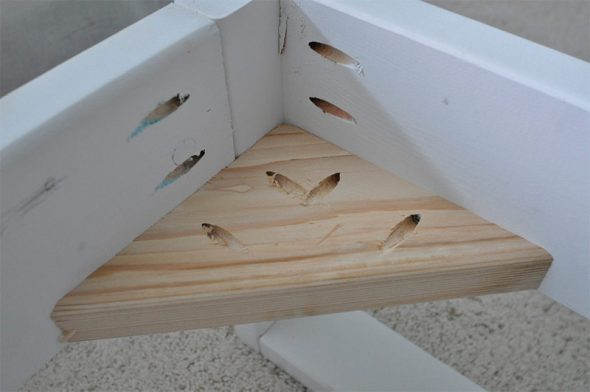
Glue beams made of 3x3x210 cm timber along the long side walls.
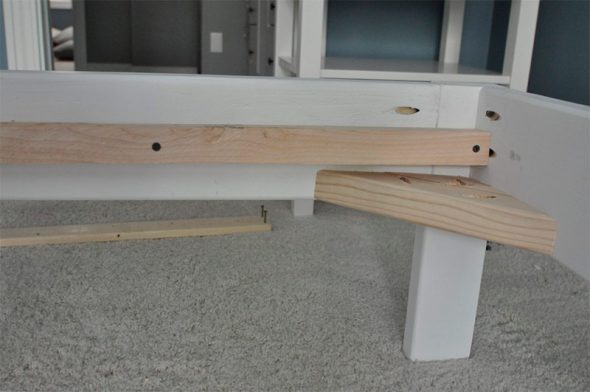
The slats are made from 20x100 mm boards length 170 cm. They are laid and secured across the lintel and longitudinal support beams at intervals of 3 cm.
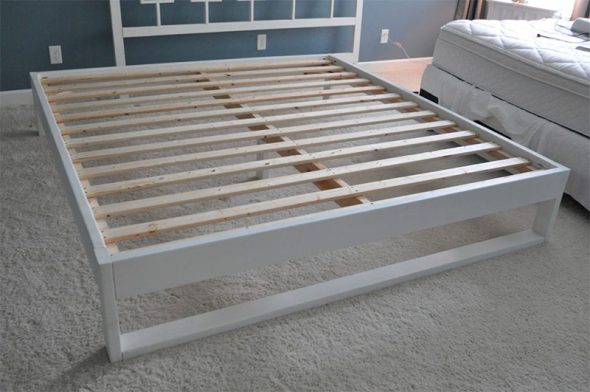
IMPORTANT! To prevent the slats from creaking, make them 1 cm shorter than the inner width of the frame.
After completing the assembly, carefully process the surface with a grinder or a drill with a special attachment using medium- and fine-grained sandpaper.Cover with stain and, after drying, with water-based acrylic varnish in several layers.
For double bed beds you can make a wall headboard from 2-3 boards length 25x100x1800 mm and 10-12 boards 25x100x450 mm. The first row that will contact the back will be short boards. On the back side it is necessary to equip hidden fasteners. At the corresponding places of the headboard, screw metal plates with self-tapping screws, the free lower edge of which will be inserted into the grooves of the tires when hanging.
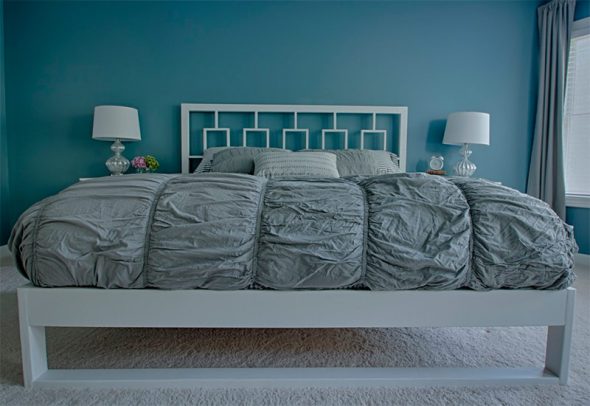
If you don't like the rigid headboard, build it with upholstery from the following layers:
- DSP or plywood 1 cm;
- POrolon from 3 cm;
- INatine;
- ABOUTpadding fabric with an interesting pattern;
Cut a 45x180 cm base from a piece of plywood or chipboard.
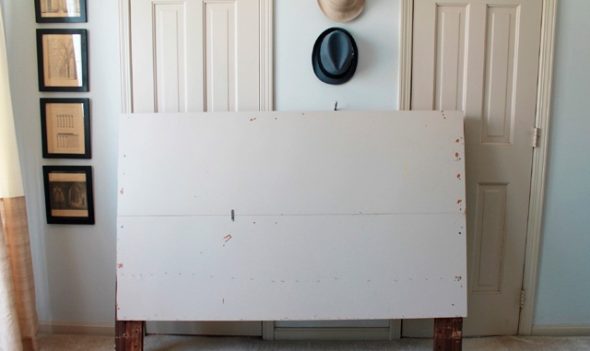
Cut out a blank of the same size and shape from polystyrene foam or foam rubber. Attach it to the chipboard and make several symmetrical holes for decorative buttons. Measure and cut out the batting and upholstery fabric to the shape of the blank with an allowance equal to the sum of the thicknesses of all the blanks multiplied by two.
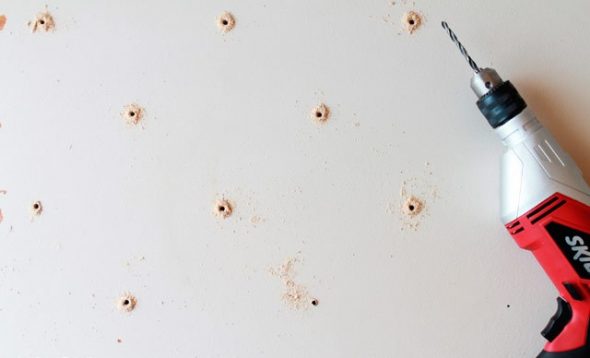
Using glue or a special spray, glue the foam rubber to the base. Carefully spread the batting on the floor. Place the chipboard blank on it.
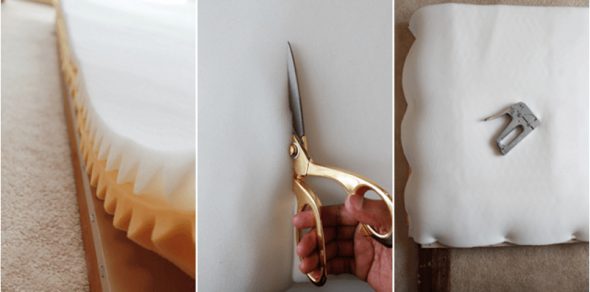
Repeat this operation with the upholstery. To prevent the fabric from wrinkling, iron it and stretch it properly using clamps screwed to the middle of the workpiece.
IMPORTANT! Don't skimp on staples. No one will see them anyway.
Finally, "sew" the sofa buttons. From the inside of the headboard, pierce the upholstery with a large "boot" needle and pull a thick, coarse thread through, thread it through the button eye and bring it back out through the same hole.
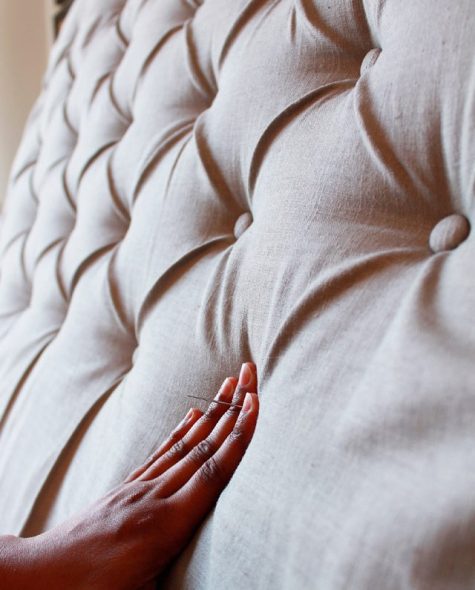
Hang the upholstered headboard on the wall using wall cabinet rails.
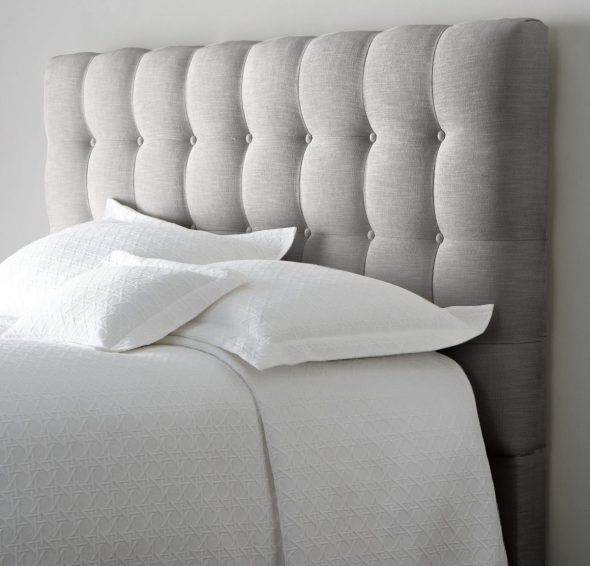
Remember, the lack of extra money and a shortage of living space are not an obstacle to fulfilling your desire to sleep comfortably.

